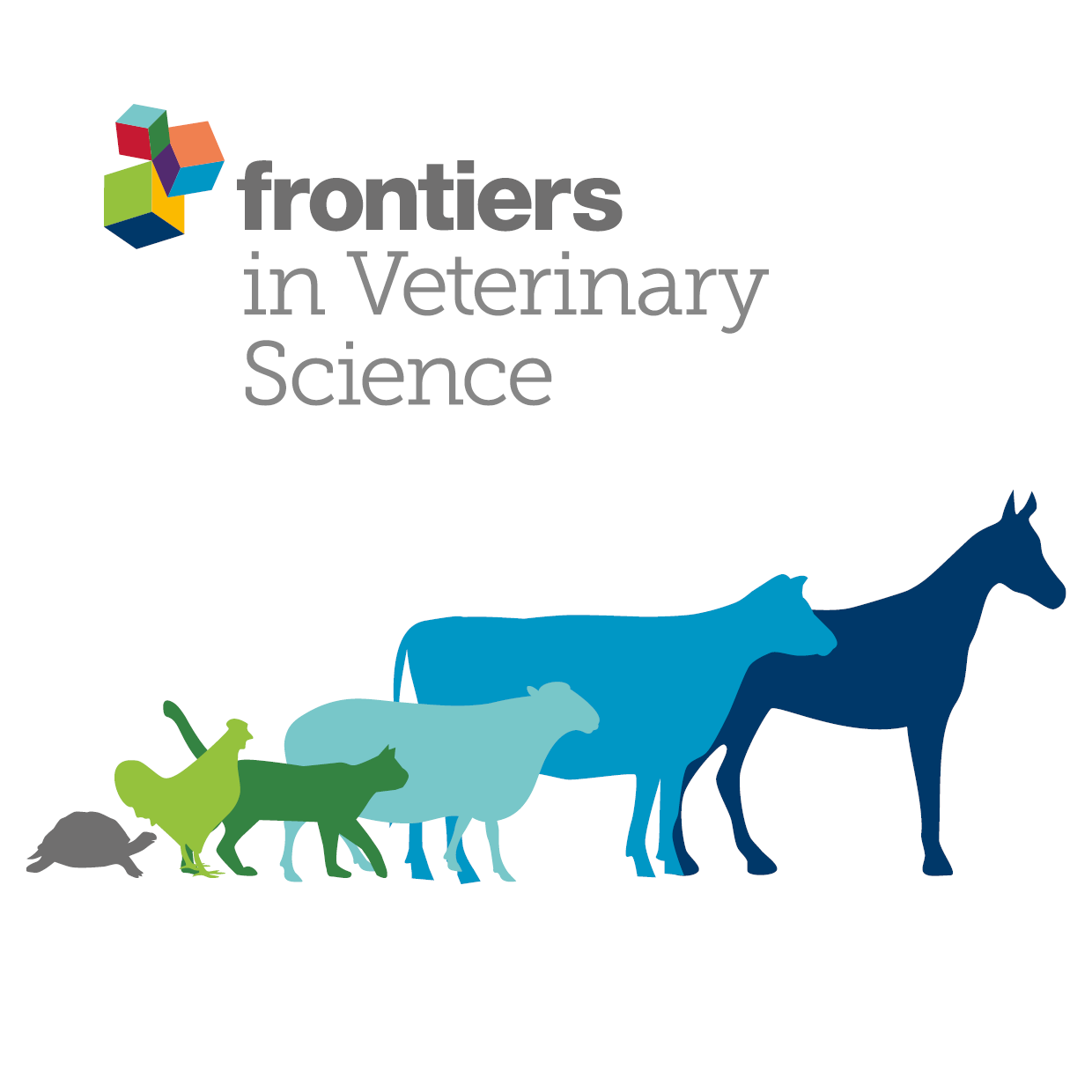Ver ítem
- xmlui.general.dspace_homeCentros e Institutos de InvestigaciónCICVyA. Centro de Investigación en Ciencias Veterinarias y AgronómicasInstituto de VirologíaArtículos científicosxmlui.ArtifactBrowser.ItemViewer.trail
- Inicio
- Centros e Institutos de Investigación
- CICVyA. Centro de Investigación en Ciencias Veterinarias y Agronómicas
- Instituto de Virología
- Artículos científicos
- Ver ítem
Anthropogenic infection of domestic cats with SARS-CoV-2 alpha variant B.1.1.7 lineage in Buenos Aires
Resumen
SARS-CoV-2 reverse zoonosis, particularly to domestic animals, and the potential role of infected animals in perpetuating the spread of the virus is an issue of increasing concern. In this case report, we identified the natural infection of two cats by SARS-CoV-2, in Argentina, whose owner had been previously infected by SARS-CoV-2. Viral genetic material was detected in feline oropharyngeal (OP) and rectal (R) swab by RT-qPCR, and sequence analysis
[ver mas...]
SARS-CoV-2 reverse zoonosis, particularly to domestic animals, and the potential role of infected animals in perpetuating the spread of the virus is an issue of increasing concern. In this case report, we identified the natural infection of two cats by SARS-CoV-2, in Argentina, whose owner had been previously infected by SARS-CoV-2. Viral genetic material was detected in feline oropharyngeal (OP) and rectal (R) swab by RT-qPCR, and sequence analysis revealed that the virus infecting the owner and one cat were genetically similar. The alpha variant (B.1.1.7 lineage) was identified with a unique additional mutation, strongly suggesting human-to-cat route of transmission. This study reinforces the One Health concept and the importance of integrating human, animal, and environmental perspectives to promptly address relevant health issues.
[Cerrar]

Autor
Pecora, Andrea;
Malacari, Darío Amilcar;
Mozgovoj, Marina Valeria;
Díaz, María de los Ángeles;
Peralta, Andrea Veronica;
Cacciabue, Marco Polo Domingo;
Puebla, Andrea Fabiana;
Carusso, Cristian;
Mundo, Silvia Leonor;
Gonzalez Lopez Ledesma, María Mora;
Gamarnik, Andrea Vanesa;
Rinaldi, Osvaldo;
Vidal, Osvaldo;
Mas, Javier;
Dus Santos, Maria Jose;
Fuente
Frontiers in Veterinary Science 9 : 790058 (March 2022)
Fecha
2022-03
Editorial
Frontiers Media
ISSN
2297-1769
Formato
pdf
Tipo de documento
artículo
Palabras Claves
Derechos de acceso
Abierto
 Excepto donde se diga explicitamente, este item se publica bajo la siguiente descripción: Creative Commons Attribution-NonCommercial-ShareAlike 2.5 Unported (CC BY-NC-SA 2.5)
Excepto donde se diga explicitamente, este item se publica bajo la siguiente descripción: Creative Commons Attribution-NonCommercial-ShareAlike 2.5 Unported (CC BY-NC-SA 2.5)


